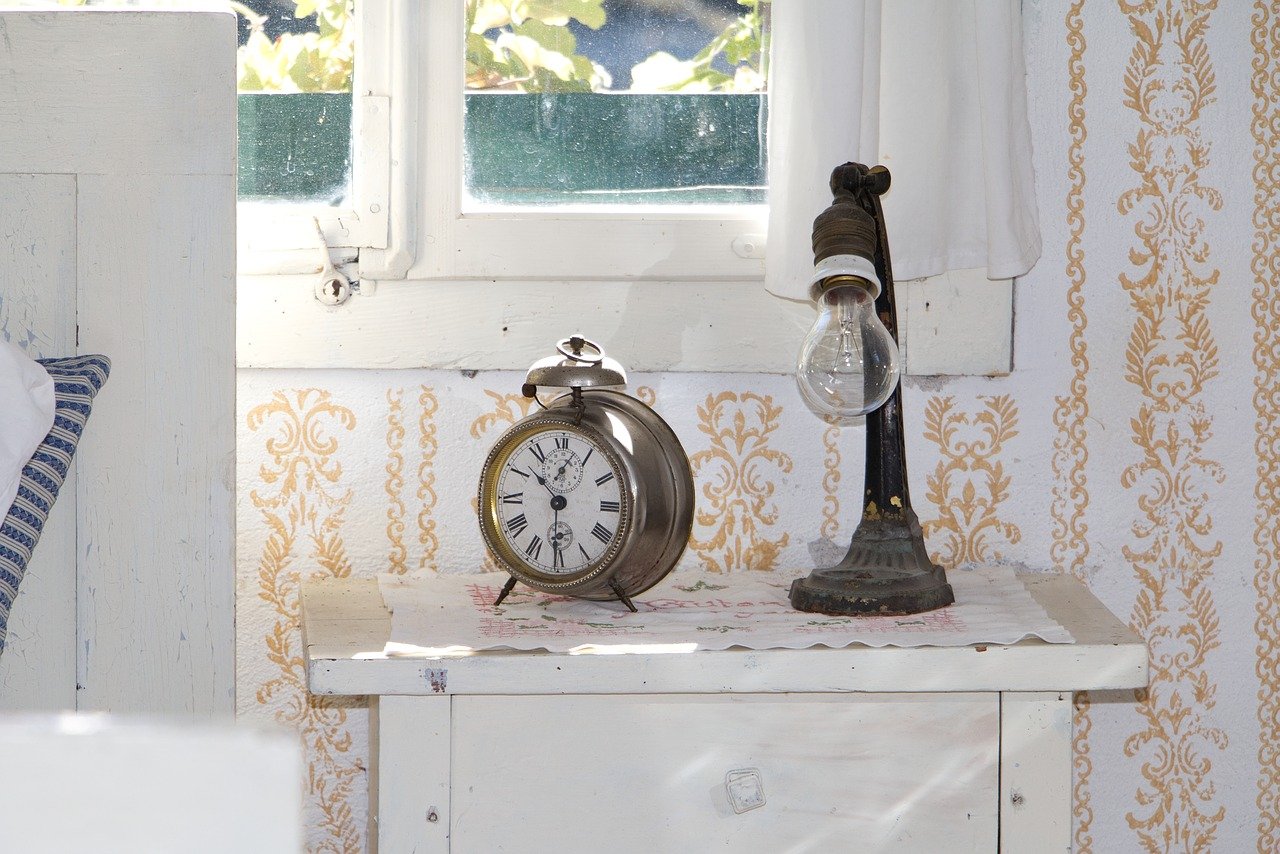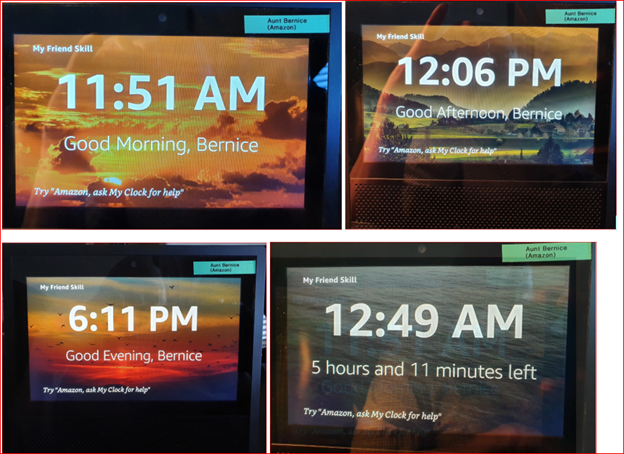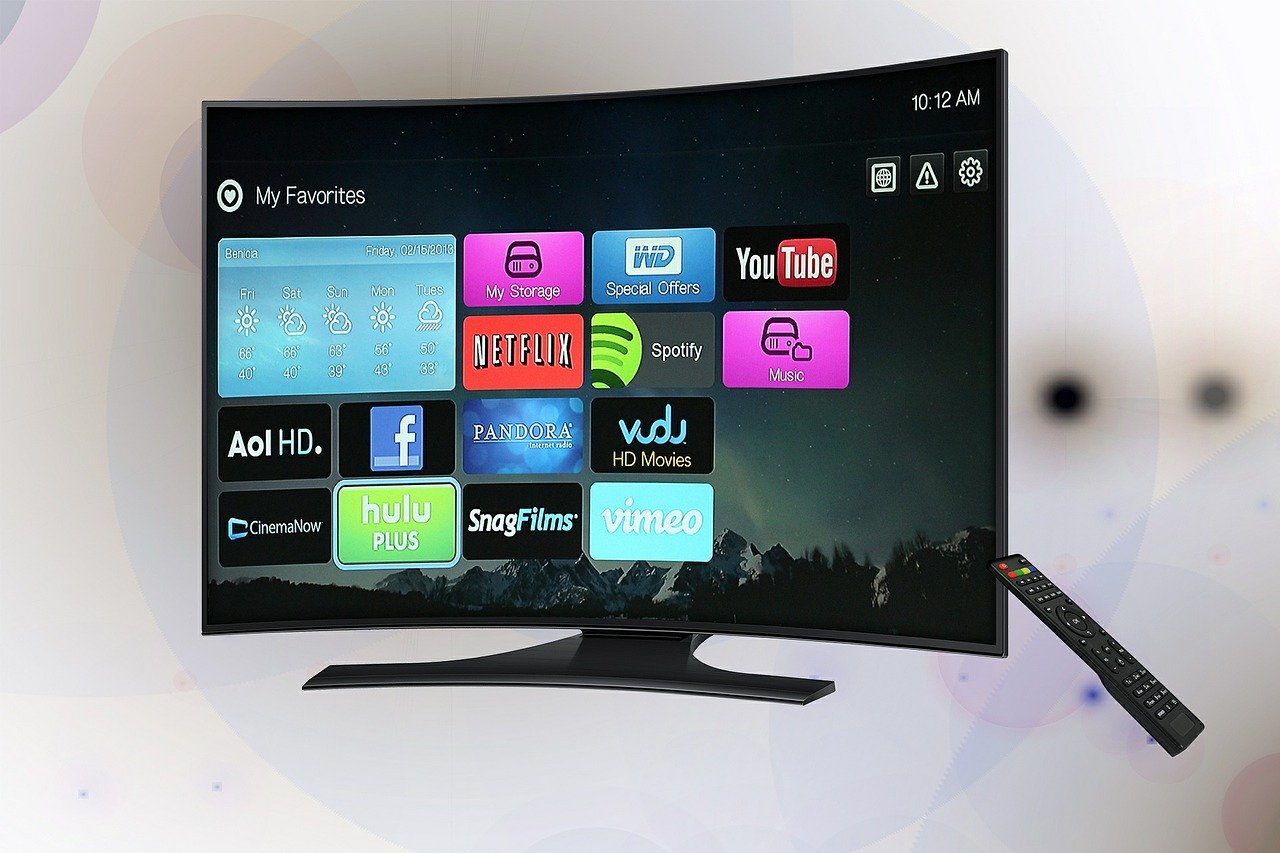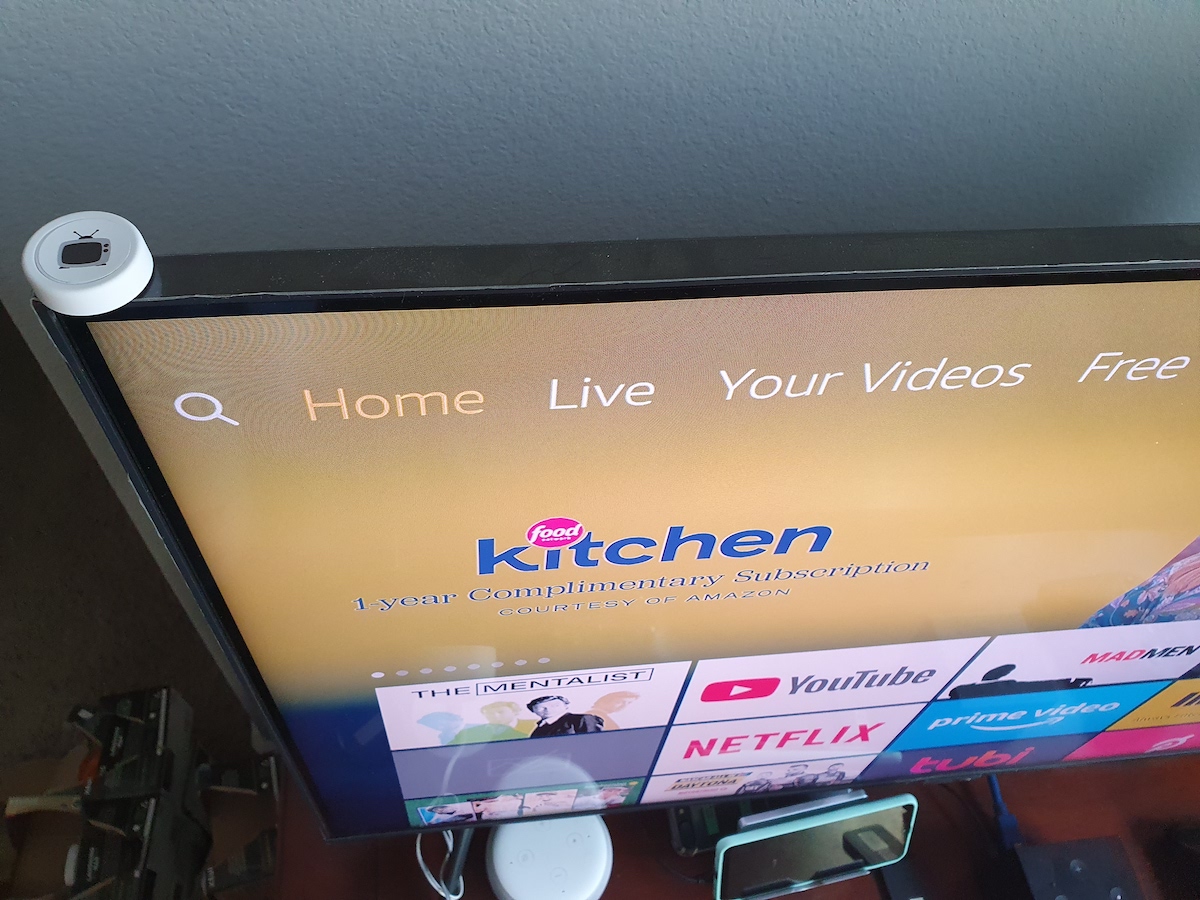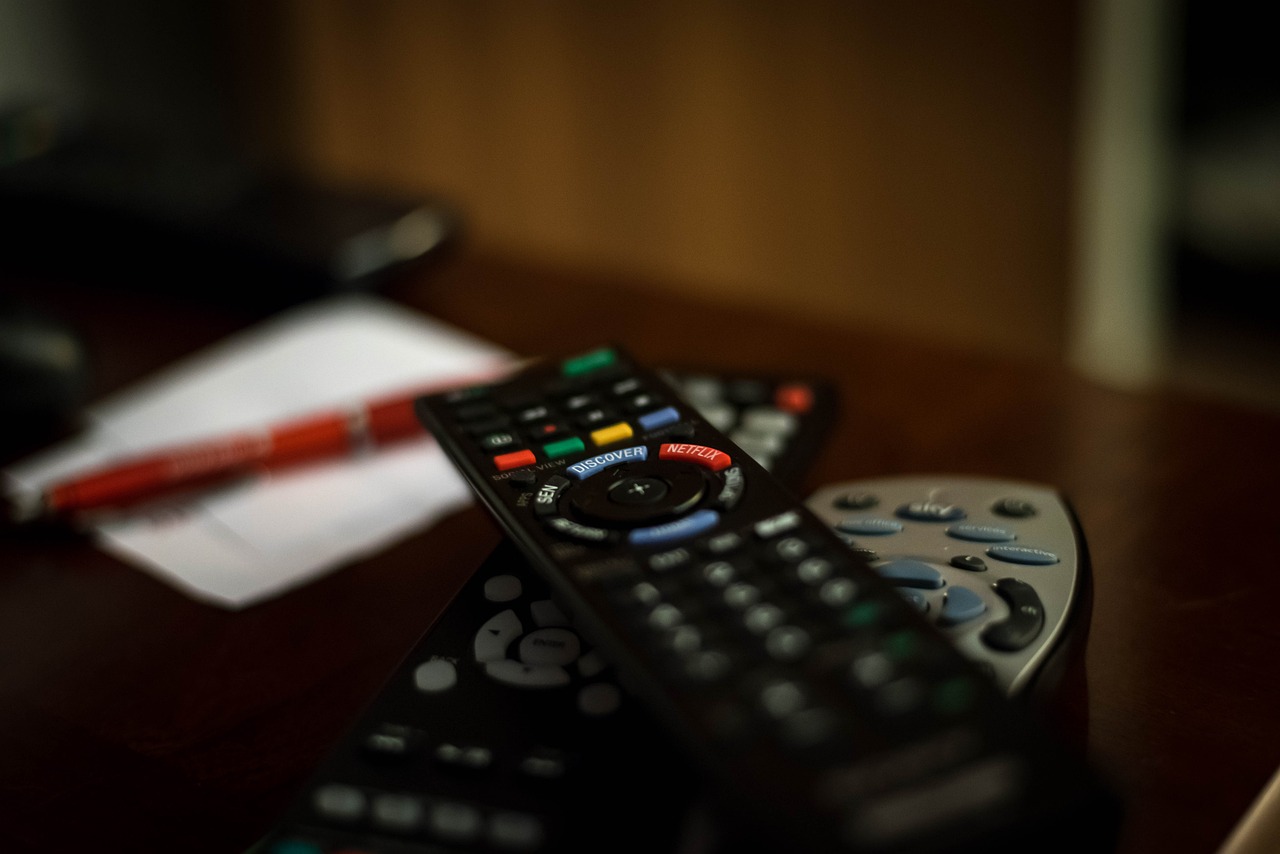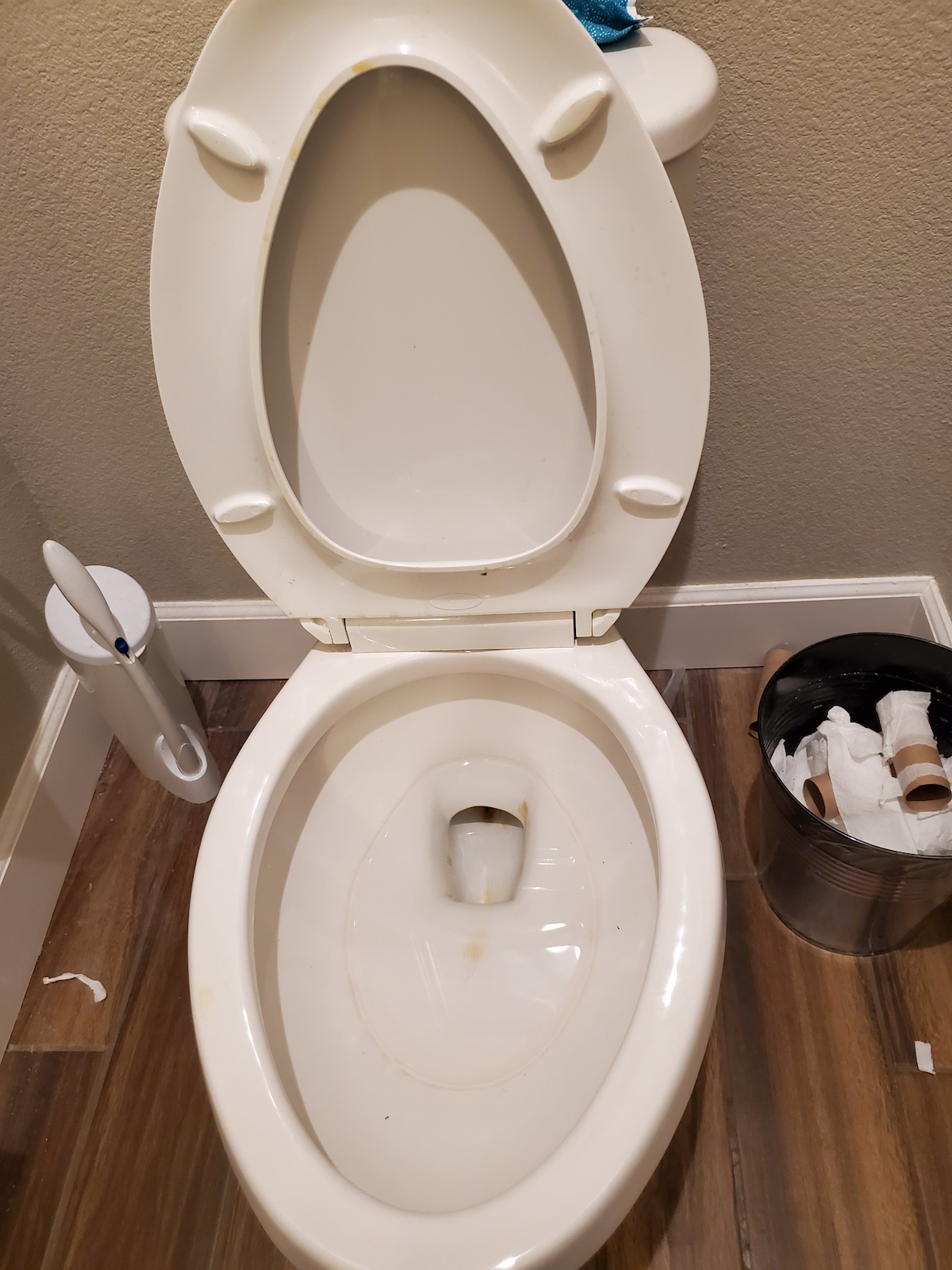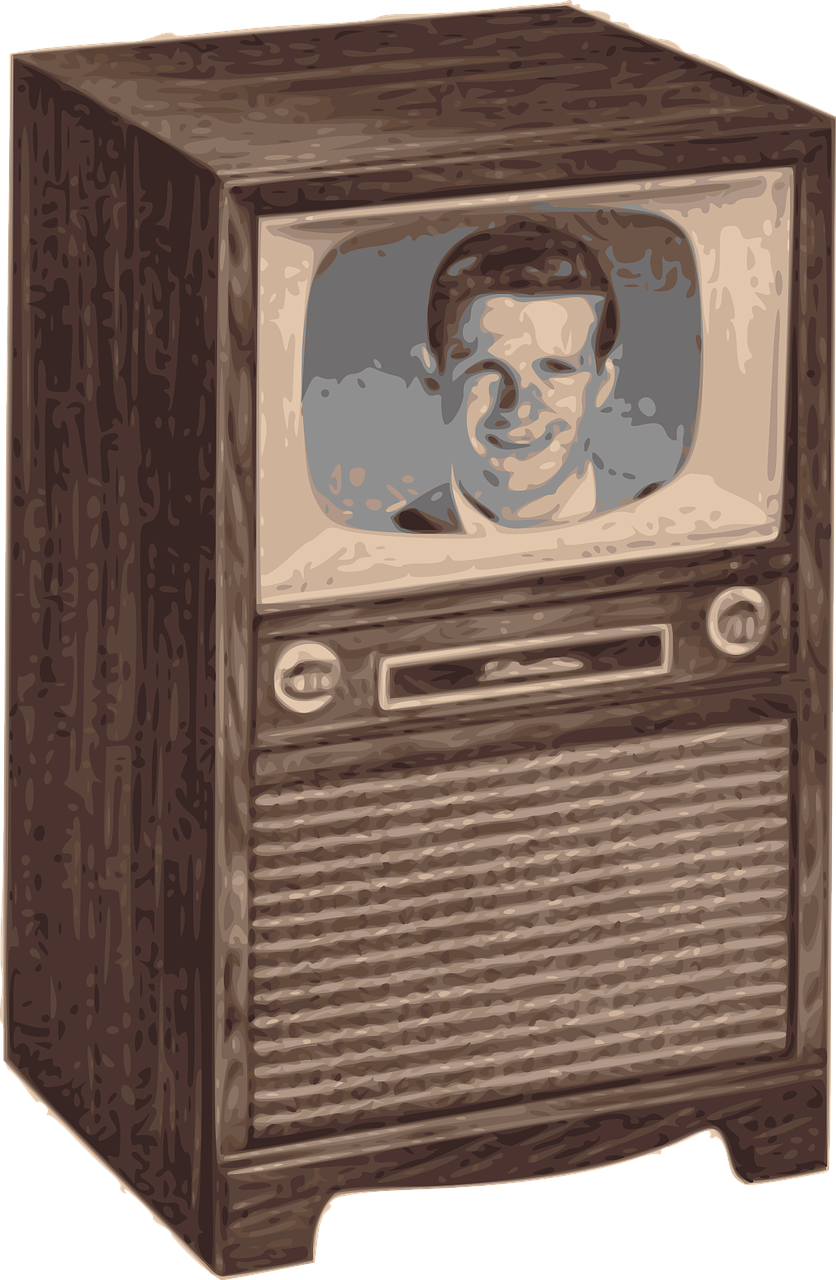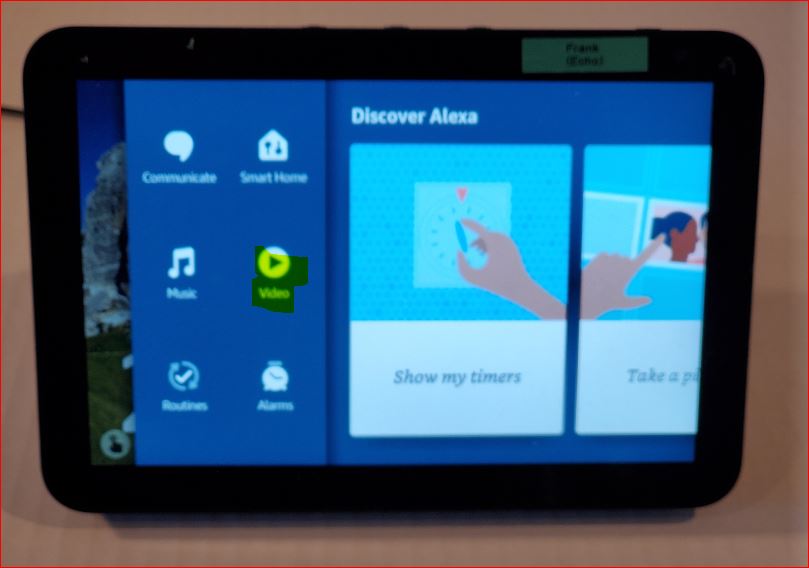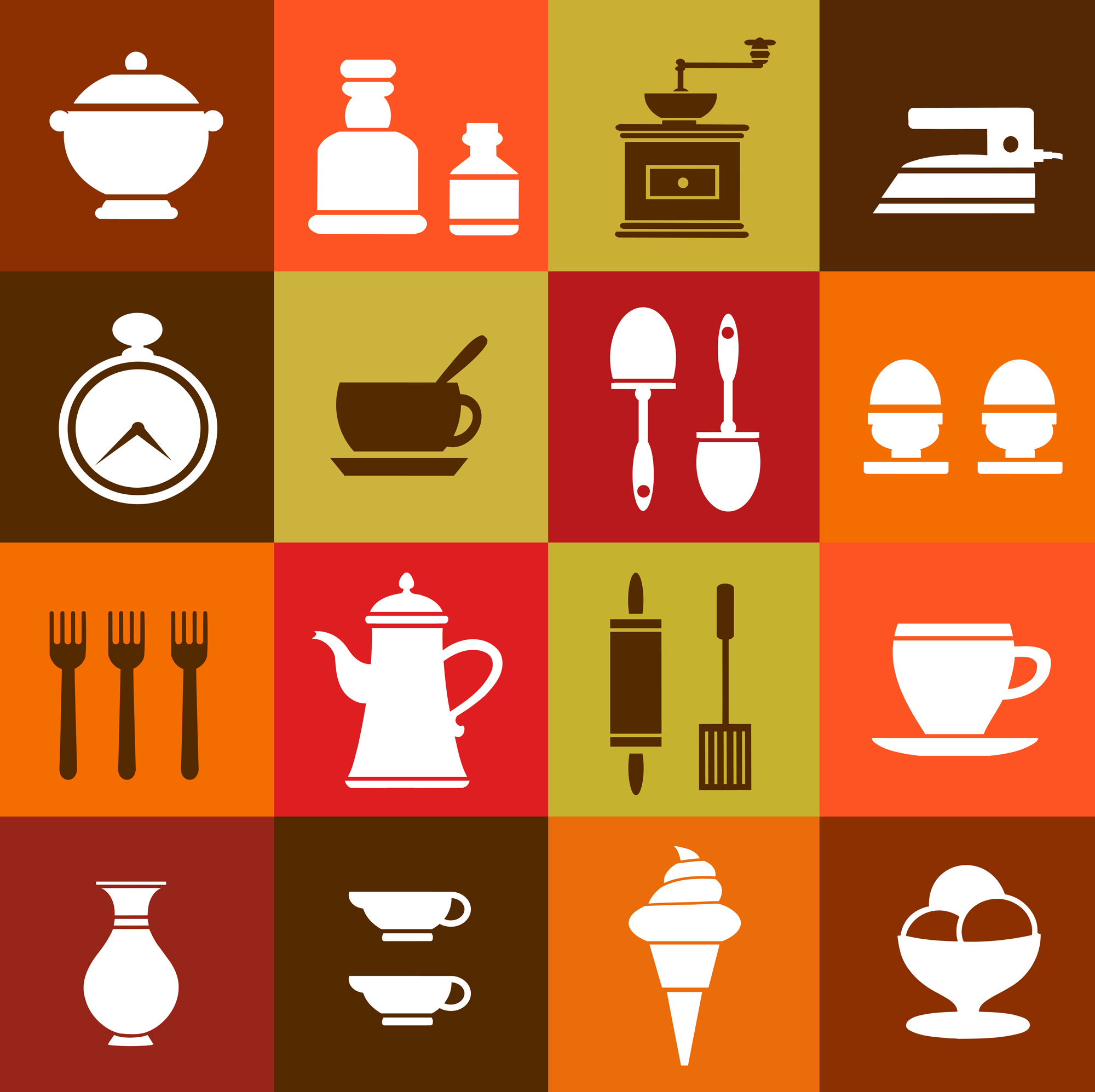What Time Is It? Dementia Confusion
My Dad is now in a nursing home, and he can't tell the difference between 4 AM and 4 PM when looking at a clock. When he asks his Voice Assistant, and it says, "It's 4 AM", he thinks it said "4 PM," and he better get dressed for dinner!
